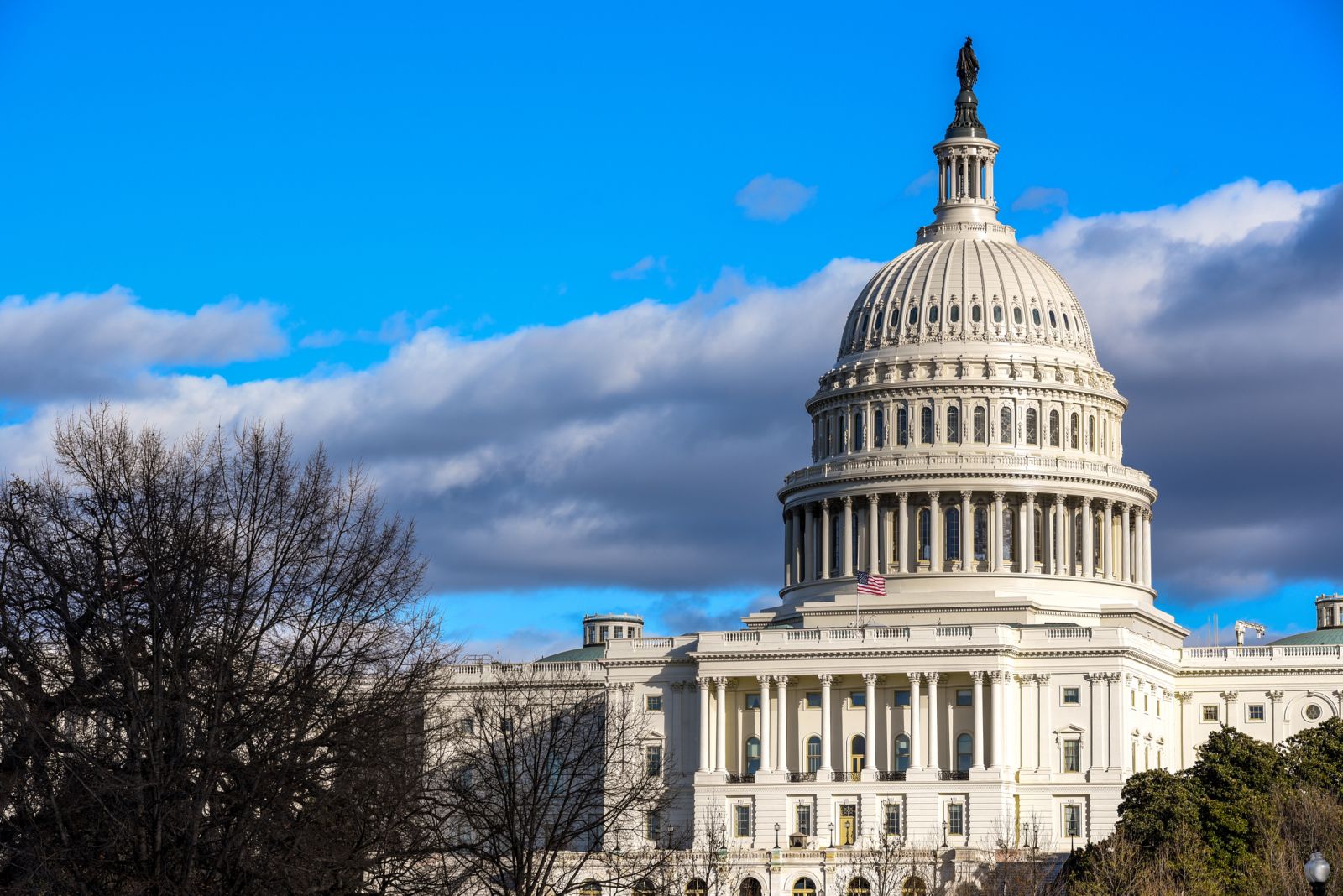
U.S. lawmakers have less than ten days to come up with a spending bill to fund the U.S. government or risk a shutdown. An extended shutdown could roil the U.S. economy, which already must contend with an ongoing autoworkers strike, soaring gasoline prices, higher interest rates, and the restart of student loan payments on October 1. House Republican infighting torpedoed plans for a Saturday vote on a temporary spending bill crafted to meet conservatives’ demands and act as a starting point in negotiations with the Senate.
Bitter divisions among Republican House members make it difficult for leaders to formulate a plan to keep the government running. On Thursday, House Speaker McCarthy sent lawmakers home for a long weekend after two Republican ultraconservatives ambushed him in a procedural vote. McCarthy’s latest plan is for the House to vote next week on a few spending bills that address conservative demands for deeper spending cuts. Those measures could then entice holdouts to support a short-term funding bill eventually.
Some House Republican lawmakers are willing to cross the aisle to work with Democrats to avoid a government shutdown. Republican representative Lawler of New York, one of 18 Republicans who represent districts President Biden won in 2020, said, “I will do everything in my power to avoid a shutdown.” Lawler said that he would join Democrats to force a House vote on short-term funding for the government if his party can’t come up with a plan to avoid a lapse.
The economic consequences of a government shutdown largely depend on how long it lasts. The last time there was a government shutdown, from December 22, 2018, to January 25, 2019, there were 800,000 workers who were furloughed or worked without pay. According to Bloomberg chief U.S. economist Wong, a lapse in federal funding would cut -0.2 percentage points from quarterly U.S. GDP for each week a shutdown lasts. With forecasts already anticipating slower growth, an extended shutdown risks pushing the U.S. economy into recession.
Treasury yields have typically fallen in previous government shutdowns as investors flocked to the safety of government debt and anticipated weaker economic growth. However, JPMorgan Chase warns that this fiscal shutdown may have the opposite effect, given the Fed’s hawkish policy resolve, saying, “Any perceived lack of ability to govern might drive Treasury yields higher in the coming weeks.”
With the divergent agendas within the Republican party and Speaker McCarthy’s precarious position within his own ranks, an eventual deal with Democrats looks to be harder to accomplish than in previous standoffs.
On the date of publication, Rich Asplund did not have (either directly or indirectly) positions in any of the securities mentioned in this article. All information and data in this article is solely for informational purposes. For more information please view the Barchart Disclosure Policy here.






